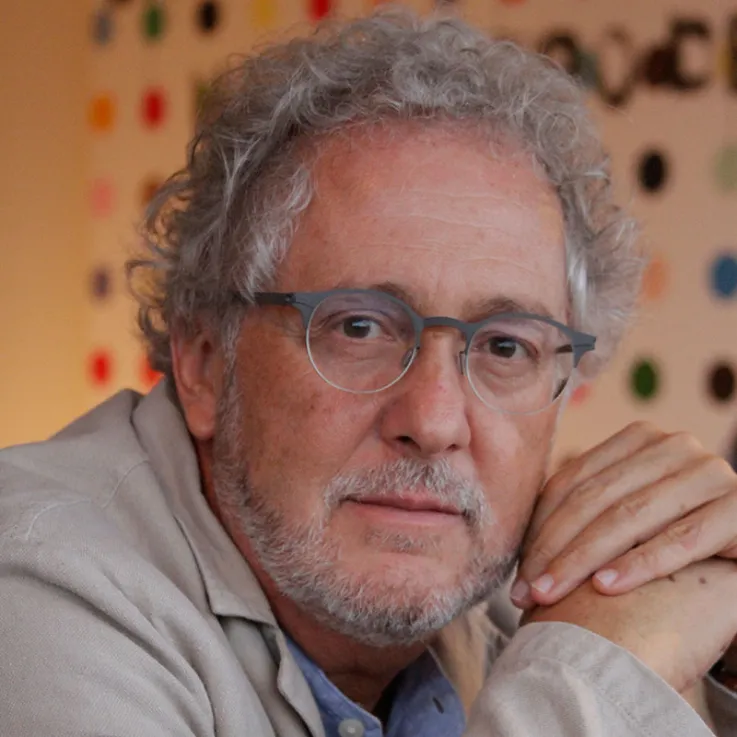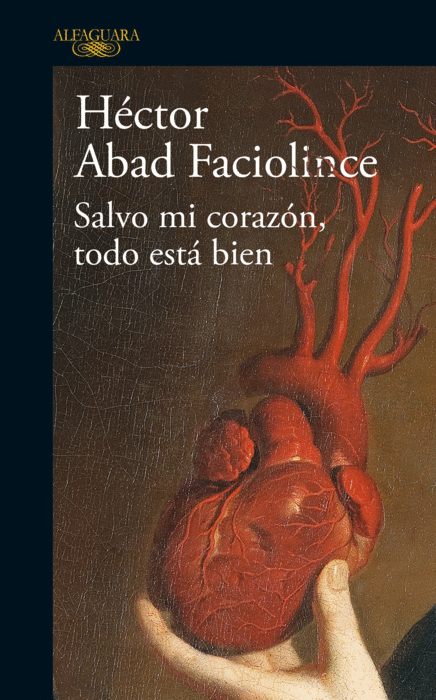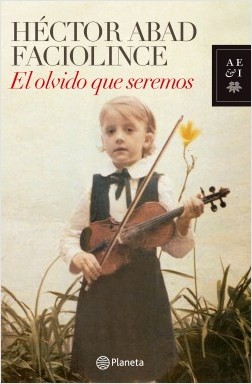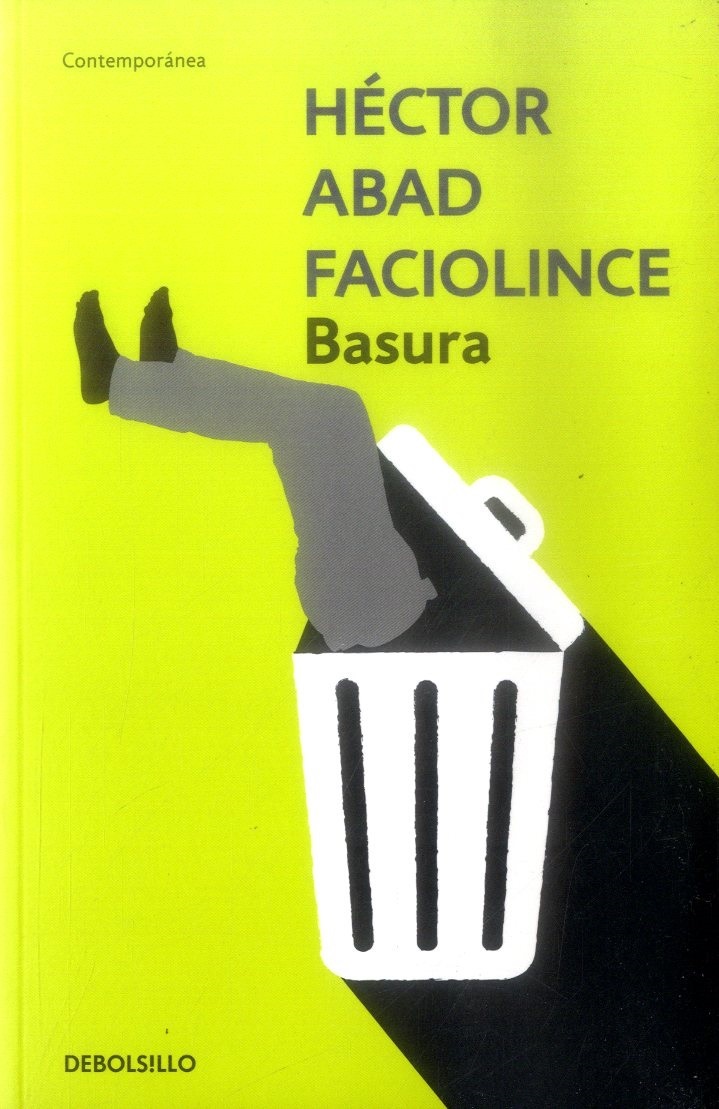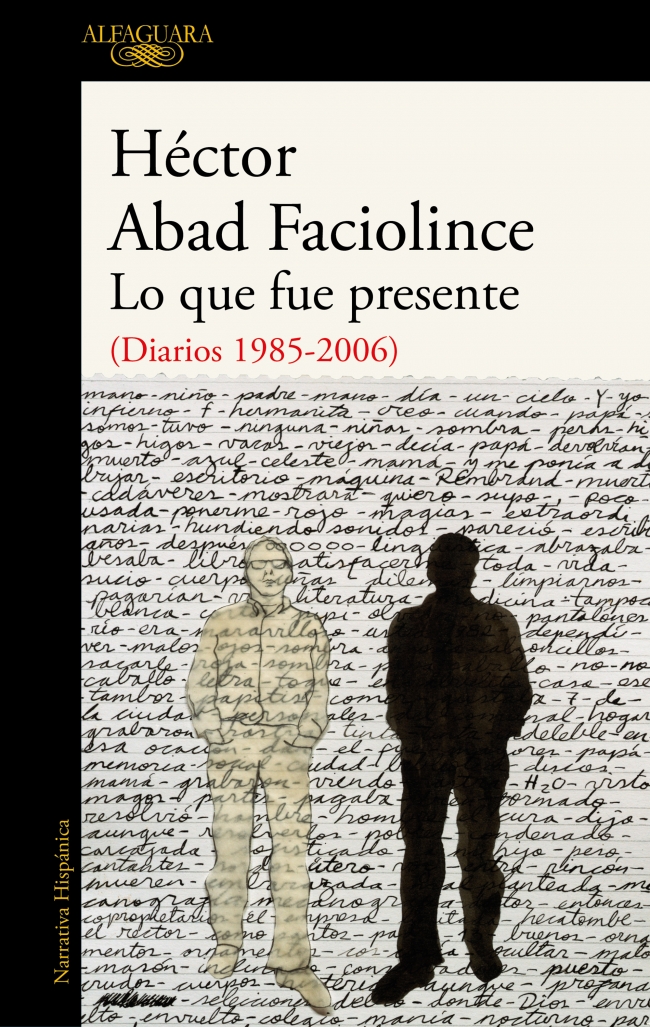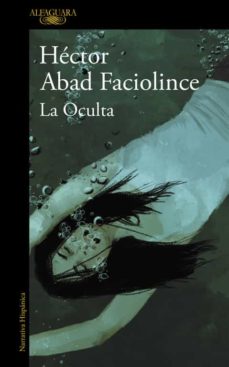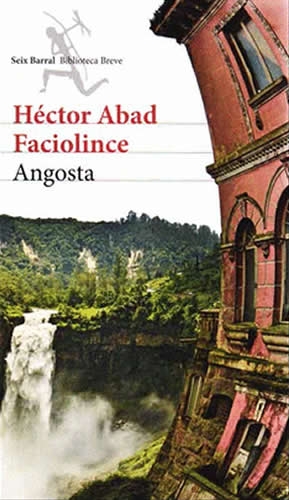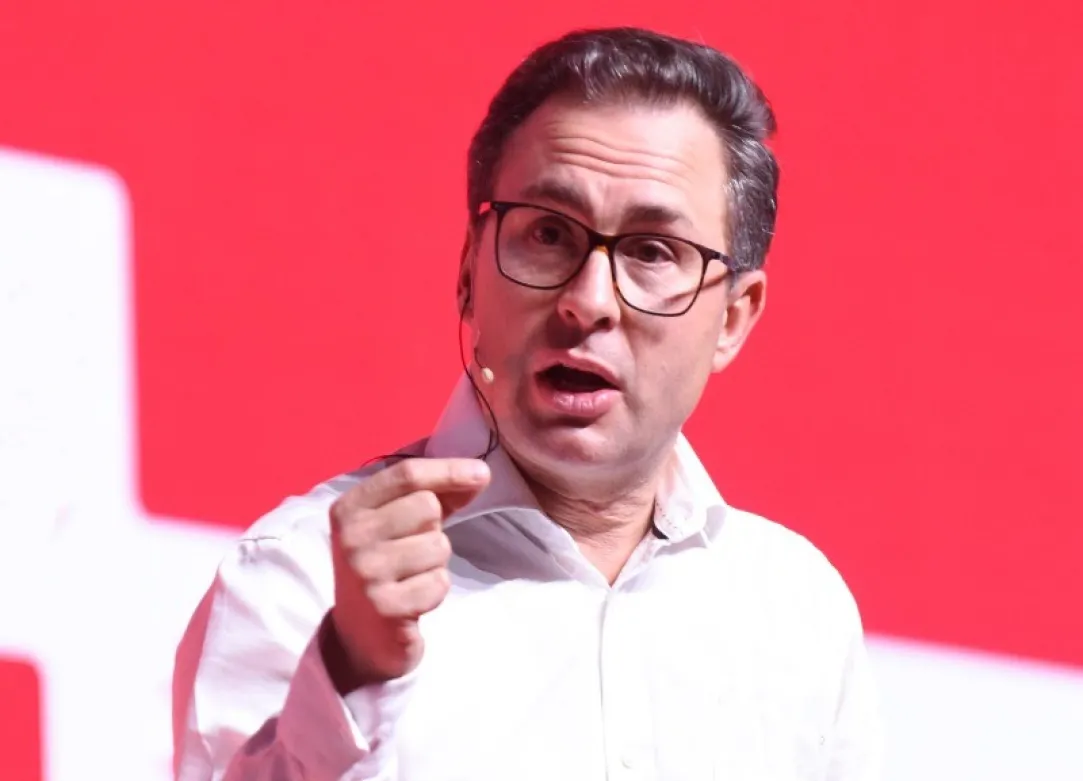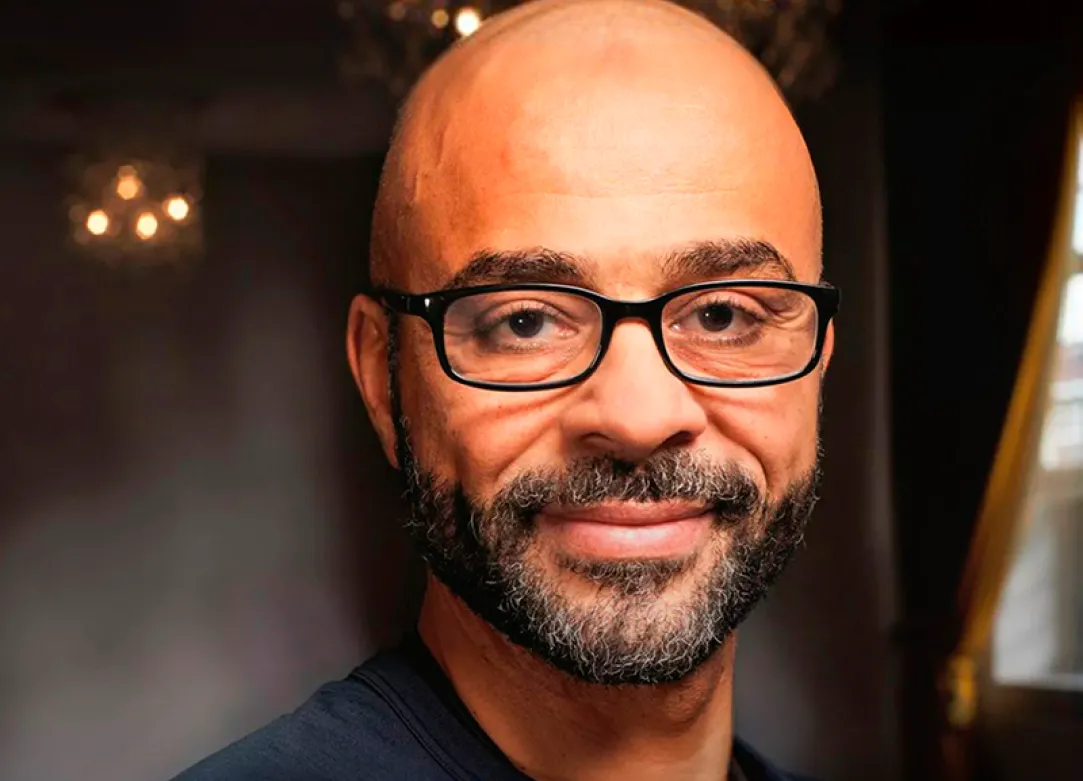Héctor Abad Faciolince is a prominent Colombian writer, essayist, translator, editor, and journalist, author of multiple internationally acclaimed novels. He is considered one of the most talented writers of the Latin American post-boom.
In 1987, he graduated in Modern Languages and Literatures from the University of Turin. After the murder of his father, the renowned doctor and professor Héctor Abad Gómez, he went into exile in Spain and later in Italy, where he worked as a "Spanish reader" at the University of Verona until 1992. Since his student years, he has translated various Italian authors into Spanish: Umberto Eco, Leonardo Sciascia, Italo Calvino, Tomasi di Lampedusa, Gesualdo Bufalino, Primo Levi, and Natalia Ginzburg, among others. He has also translated books from French (Voltaire’s Candide) and English (Rudyard Kipling’s Just So Stories).
In 1992, he returned to Colombia and worked in various editorial roles: he directed the University of Antioquia Magazine for three years and was also the director of the Editorial Fund at EAFIT University. He also worked as a journalist and columnist for various Colombian media outlets, including El Espectador, Cromos, El Colombiano, and the magazines Cambio and Semana.
In 2000, his novel Garbage won the First Casa de América Innovative Narrative Award; in 2004, his novel Narrow was awarded the Best Foreign Novel of the Year in China; and in 2006, he received a DAAD scholarship (Künstler Programm for outstanding artists) and lived in Berlin for a year.
In November 2006, he published his most celebrated book, The Oblivion We Shall Be, in which he recounts the story of his father, Dr. Héctor Abad Gómez, and the circumstances of his murder. For this book, he has received awards in Lisbon and Washington (the WOLA-Duke Award for Human Rights). In 2020, The Oblivion We Shall Be was adapted into a film by Fernando Trueba and was selected for the official section of the Cannes Film Festival. It was also chosen by Colombia to compete in the Goya and Oscar awards.
His literary works often focus on the personality of the narrator and their quest for protection and independence. The intensity of his narratives, along with the seriousness of his social, historical, and human research, positions Abad as a brilliant chronicler of contemporary society through literature. He is the author of various works, including Bad Thoughts, The Affairs of a Dissolute Nobleman, Treatise on Culinary for Sad Women, Fragments of Furtive Love, Garbage, Loose Words, The East Begins in Cairo, The Oblivion We Shall Be, and La Oculta, among others.
He has been invited as a speaker at several universities, including Columbia, Harvard, and Cornell in the United States, the University of Verona, the University of Turin, the University of Bologna, and the University of Florence. He has also been a visiting professor at the Università del Piemonte Orientale in Vercelli. He was a guest professor at the Freie Universität Berlin for the Samuel Fischer Chair of Comparative Literatures (summer semester of 2016). He was a fellow of the NIAS in The Hague, Netherlands, in 2017. He was the Director of the EAFIT University Library and founded the Colombian Narrative Library Award there. He has served as a jury member and president of the jury for the Alfaguara International Novel Prize. He has also been a jury member for the FIL Literature Prize (Guadalajara). He is the founder and director of Angosta Editores, an independent Colombian publishing house.
Due to the brilliance of his style and writing, this Colombian novelist is regarded as one of the most outstanding contemporary authors in the Spanish language. Much of his literary work has been translated into different languages, including English, Italian, French, Portuguese, Chinese, and German. He is currently a columnist and editorial advisor for El Espectador newspaper. He also collaborates with El País of Spain and other national and international publications.
In his conferences, he shares his enthusiasm for life, culture, music, reading, cinema, and knowledge as tools that help people become more resilient and even happier. Héctor Abad Faciolince is a master at using cultural resources in times of crisis to overcome difficulties. In his talks, he always starts from the human to converge on the cultural, and from the personal to reach the general interest.
